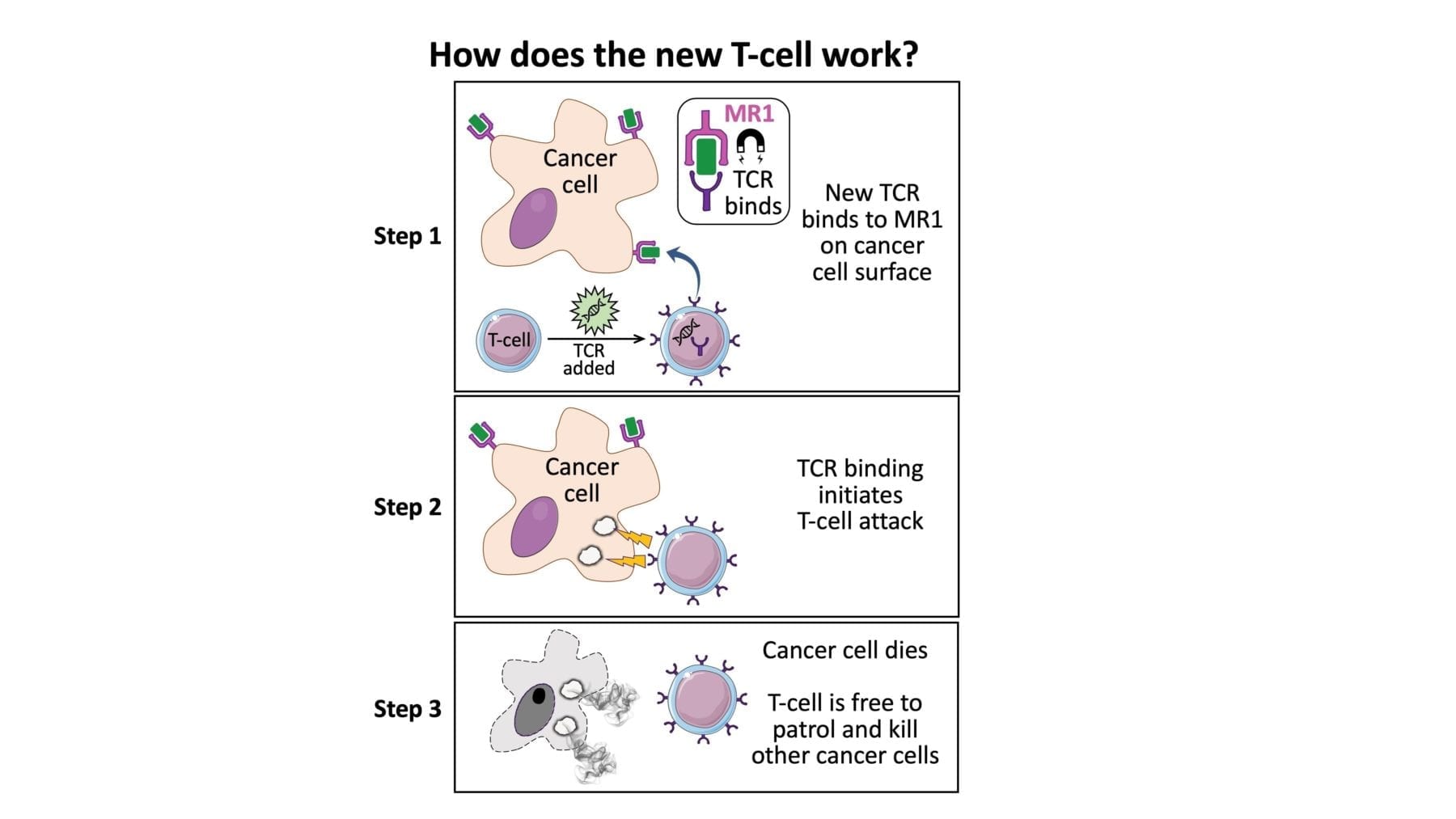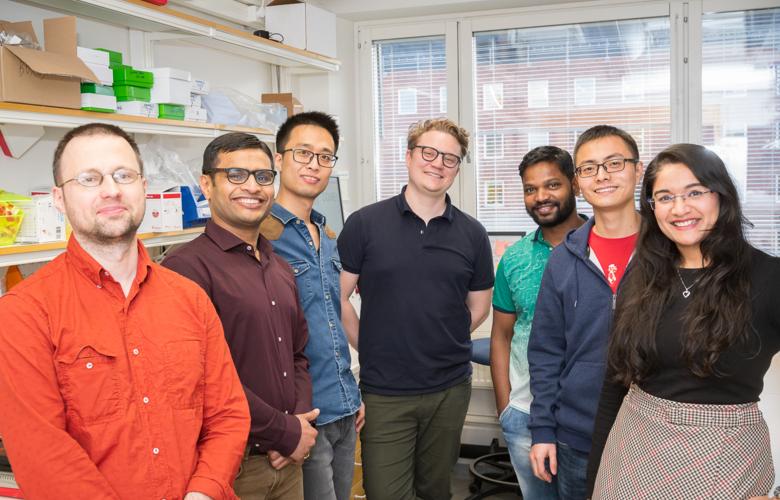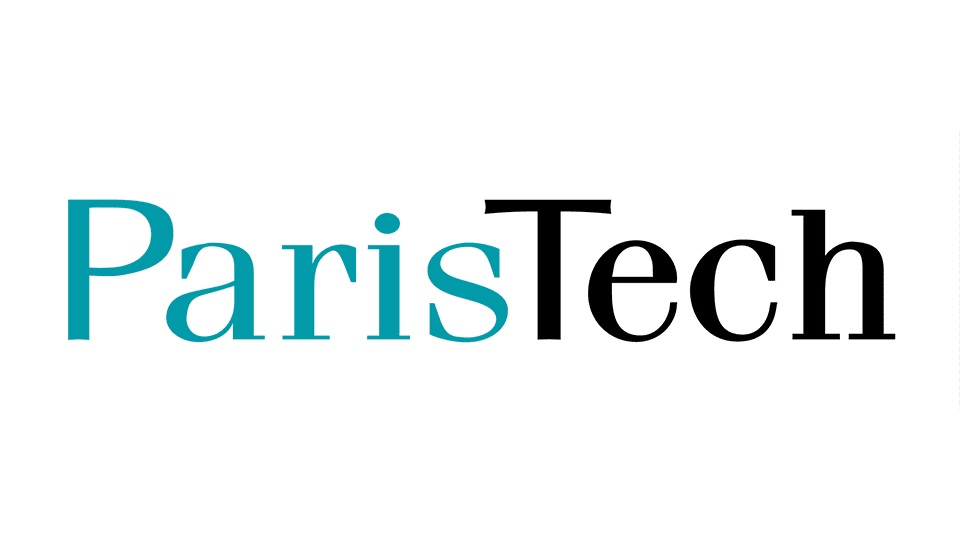
via Cardiff University
[embedyt] https://www.youtube.com/watch?v=YQnzhSsnnDU[/embedyt]
The Latest Updates from Bing News & Google News
Go deeper with Bing News on:
Universal cancer vaccine
- Final Trial Begins for World's First Skin Cancer Vaccine, Giving Hope to Those Affected
As this personalized mRNA vaccine enters its final trial phase, it brings promising prospects for individuals battling melanoma.
- Scientific breakthrough in UK mRNA vaccine development
Scientists in the UK are hailing trials for the development of an mRNA vaccine used to treat patients with skin cancer. Host Carol Hills speaks with Dr. Lawrence Young, professor of Molecular Oncology ...
- Man receives world’s first melanoma vaccine — trial underway
A trial for the world’s first-ever mRNA cancer vaccine for melanoma is underway in the UK. Melanoma is the deadliest form of skin cancer. Around 100,000 Americans are expected to be diagnosed with ...
- World’s first vaccine for skin cancer being tested on UK patients
The world's first jab to stop the deadliest form of skin cancer is being tested on patients in the United Kingdom.
- Vaccine breakthrough means no more chasing strains
Scientists at UC Riverside have devised a vaccine that targets a part of the viral genome that is common to all strains of a given virus.
Go deeper with Google Headlines on:
Universal cancer vaccine
[google_news title=”” keyword=”universal cancer vaccine” num_posts=”5″ blurb_length=”0″ show_thumb=”left”]
Go deeper with Bing News on:
Cancer vaccine
- Man receives world’s first melanoma vaccine — trial underway
A trial for the world’s first-ever mRNA cancer vaccine for melanoma is underway in the UK. Melanoma is the deadliest form of skin cancer. Around 100,000 Americans are expected to be diagnosed with melanoma in 2024, according to the American Cancer Society.
- New cancer vaccine: Doctor explains all you need to know
A doctor has explained more about the world's first personalised mRNA cancer jab for melanoma, which is currently being tested in British patients. Doctor Amir Khan described the vaccine as “positive news” as he discussed how it works when he appeared on Good Morning Britain on Friday (26 April).
Go deeper with Google Headlines on:
Cancer vaccine
[google_news title=”” keyword=”cancer vaccine” num_posts=”5″ blurb_length=”0″ show_thumb=”left”]









